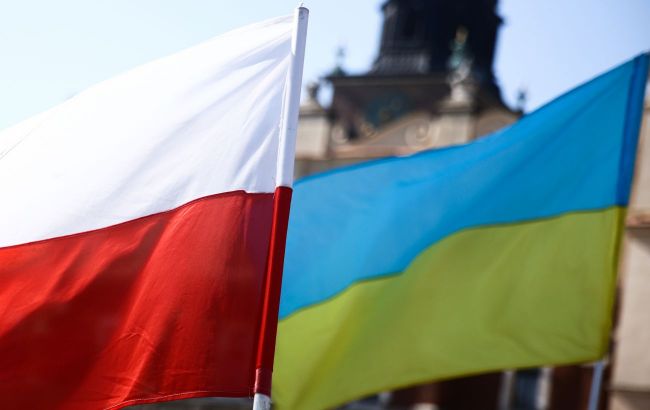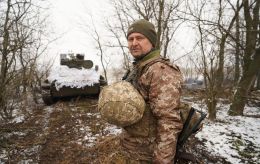Why Polish politicians using Volhynia tragedy for political gain – Ukrainian historian revealed
 Photo: The Volhynia tragedy has become an important topic for populist politicians in Poland (Getty Images)
Photo: The Volhynia tragedy has become an important topic for populist politicians in Poland (Getty Images)
Oleksandr Zinchenko stated, in an interview with RBC-Ukraine, that one of the trends in Poland is the growing intolerance toward others. In conditions of polarization in Polish society, some populists are fighting against other populists.
"Polish politicians, instead of defusing the shared past, try to stick their fingers into the door of history, slam that door shut, and watch: what will happen next?! There is no need to conduct experiments here: it will hurt," he said.
According to him, Poland is now in two trends. The first trend is the growth of xenophobia toward others. In the past three years, rejection of others has increased. Toward migrants, particularly toward Ukrainians. Who had no desire to leave but found themselves under bombs and were forced to save their lives outside their native country.
The second modern trend is the polarization of Polish society. Ukrainian society, in his view, is moving in the opposite direction–we are seeing a powerful trend toward societal consolidation.
Speculation by politicians
Zinchenko noted that this story is highly mythologized in the collective memory of Poles.
"This memory conflict is in a hot phase. I don't see any Polish politician now who is ready to take responsible leadership in order to defuse these mines of our shared past," he said.
In his opinion, in Poland one group of populists is fighting another group of populists, and they don’t think at all in terms of responsible leadership. “Until populism politically goes bankrupt, there will be no process of reconciliation with Poland,” the historian added.
According to him, to work on such issues, one must work for the long term. Create groups of historians who will interact and communicate on this topic. "I was one of the participants in the creation of this group. The Polish side did everything to make this group of historians stop meeting in 2016. This was the sole policy of the authorities at that time, which was formed by the Law and Justice Party," Zinchenko said.
"If the other side does not want dialogue but wants to impose only its point of view, what are we to do? Under conditions of limited resources, under conditions of an ongoing war? Treat them like madmen. All these insinuations are very untimely – because right now, we face the main issue: the existence of the Ukrainian state," the historian added.
In 1943, a conflict occurred between Ukrainians and Polish colonists in Volhynia, as a result of which a large number of civilians on both sides were killed. Poland and pro-Russian propaganda call these events the Wola massacre (Volhynia massacre).
The newly elected Polish president Karol Nawrocki has spoken out against Ukraine’s accession to the European Union, since Warsaw has its own interests. Nawrocki clarified that by "our interests," he means the issue of the Volhynia tragedy.

